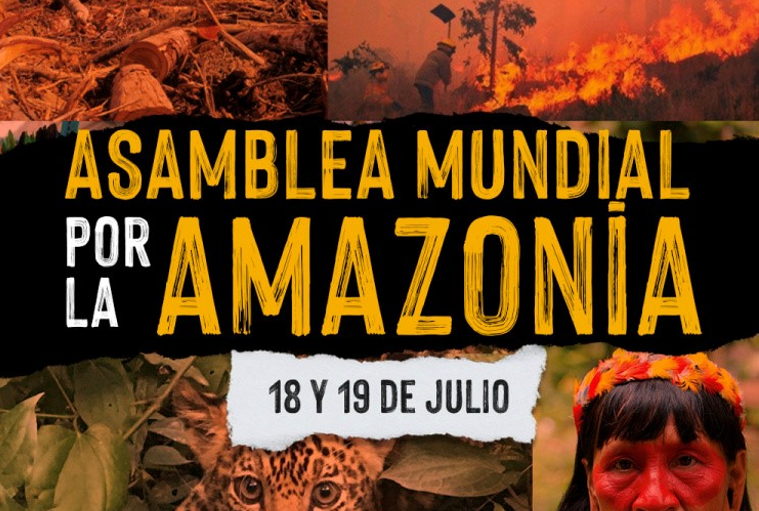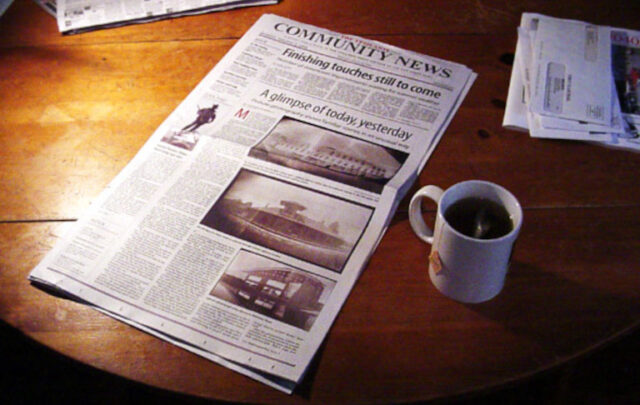Original source: virginiabolten, July 16, 2020 | Vanessa Dourado
Translated from the original Spanish by Jane K. Brundage
This century’s pandemic, COVID-19, is history repeating itself and part of a process that has never ended. If mentioning colonialism as an unfinished process bothers those who claim all the technological advances of our space-time, for indigenous peoples it is a concrete reality. Centuries have passed, however little has been learned about the consequences of this divorce of humankind from nature.
Can we white people foresee the next few years? Many specialists have warned about the threat of new zoonotic infections directly related to our interference in ecosystems, and there is evidence that production in the meat industry is a great partner for worsening this situation.
Likewise, attacks have not stopped on sensitive ecosystems that are not only important to guarantee our health but for life itself on the planet. In the end, it seems that collective death is preferable to a change in the model of production and consumption.
The native peoples, however, hold in their memory the diseases brought by the European “conquerors” and, despite the suffering guarded within that history, their ancestors’ resistance and ability to fight summons them to fight with courage against yet another threat to their existence.
If the situation for us white people is devastating, then for native people it is an add-on to other problems such as the dengue epidemic and the lack of access to an adequate health system for indigenous people. Beyond the poisoning of the waters and soils that are the sources of subsistence for many, it means the poisoning of their own bodies.
If what summons us is the return to a certain normality that might give us conditions for continuing to fight against a genocidal system, then what we will have will only be a more radical genocide. It will be the consolidation of ecofascism. This genocide is now becoming more evident because it is touching sectors — even within the left and progressive sectors — that have always refused to recognize that a racist structure sustains our society.
In the midst of this reality, the World Assembly for the Amazon took place on July 18 and 19. The convocation is an effort by various organizations and activists to organize the resistance and think about ways out of the dilemma in which we find ourselves. The proposal organizes three campaigns: COVID-19, Boycott, and Mobilization.
- COVID-19 consists of a global campaign to face the serious impacts of Covid19 on indigenous populations, Afro-descendants and the entire Amazon.
- Boycott is a global campaign to stop buying products from companies and investments, while fighting against government policies, trade agreements and extractivism that are destroying the Amazon.
- Mobilization refers to world days designed to stop ethnocide, ecocide and extractivism, aiming to save the Amazon that is essential for facing climate change.
This crisis — systemic of course, but above all civilizational — calls for rethinking the concepts of progress, growth, development and the meaning of life. Joining with indigenous peoples to protect our common good seems to be one of the most assertive paths out of the crisis.
Links:
Cries For Life From the Amazon [English]: Statement issued by the Global Assembly laying out its nine points of resistance.
Global Assembly for the Amazon website | https://asambleamundialamazonia.org.
Facebook: @asambleamazonica
Twitter: @asambleamazonia
Instagram: @asamblea_mundial_amazonia






